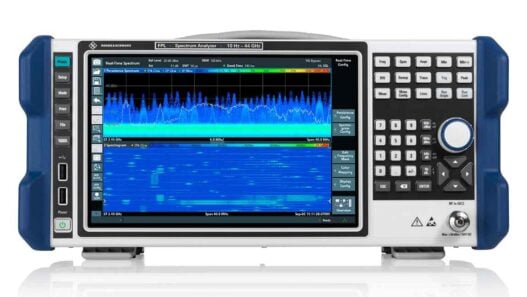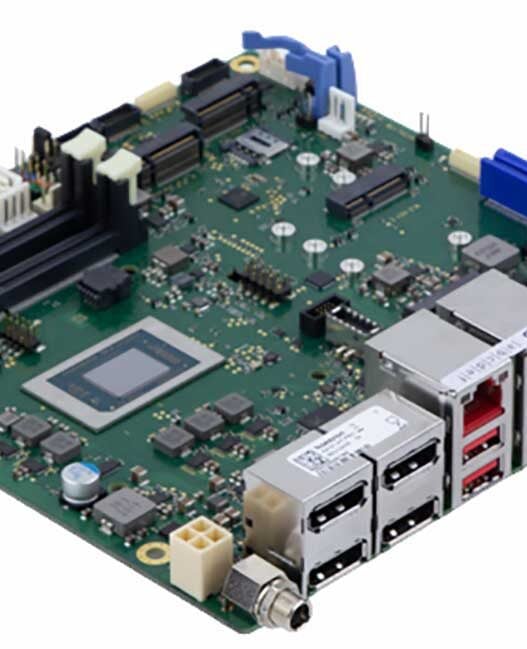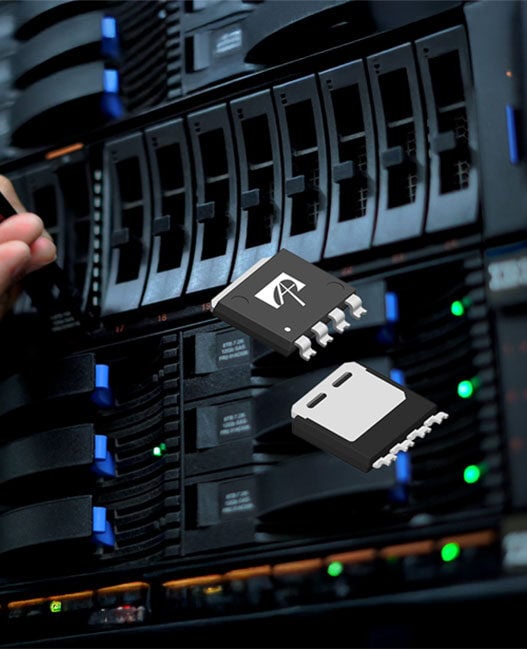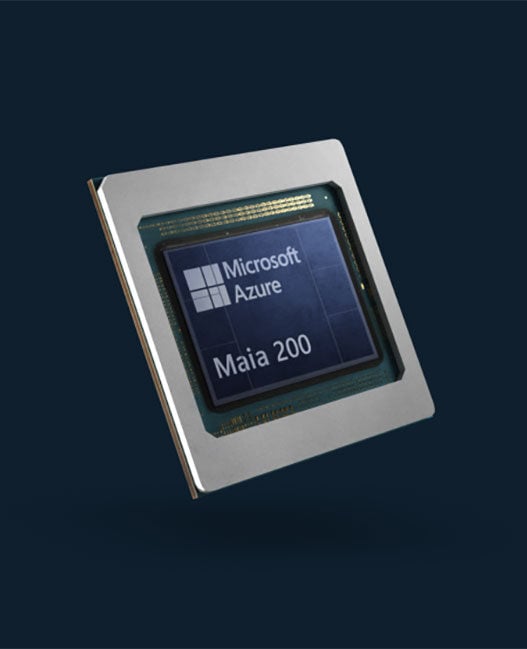The research team, from the University of Chicago’s School of Molecular Engineering, wanted to create a wearable device that could change the way health data is processed.
The intelligent chip, which is smaller than the palm of a hand and is worn on the user’s skin, collects data from multiple biosensors. From the gathered data, it then draws conclusions about the health of the wearer.
The idea is that it will not just monitor health, but it will also be able to predict disease – before the wearer even shows symptoms.
To ensure the sensors were not compromised on their ability to relay information, the team assembled polymer into the device because of its conductive yet malleable properties. They also wanted the end user to be able to wear it just like a second skin.
The team tested out the theory by analysing ECG (electrocardiogram) data which represented the electrical activity, or heartbeats, of a human heart. The tests were carried out in five ECG categories, ranging from healthy electrical signals through to abnormal signals, and they found that no matter how they manipulated the chip, it still accurately classified the heartbeats.
Because the wearable biosensors can conform to the skin, it means they will be able to track complex indicators of health-related issues, for example, levels of oxygen, sugar, metabolites, and immune molecules found in the blood.
Sihong Wang, Materials Scientist and Assistant Professor of Molecular Engineering, said: “If you can get real-time information on blood pressure, for instance, this device could very intelligently make decisions about when to adjust the patient’s blood pressure medication levels.”
Much like implantable insulin pumps, it is hoped that the technology will be able to automatically adjust a patient’s medication. But more than that, it is also hoped that it could be used to send doctors and patients alerts if something is wrong.
Because the sensors need to be able to process information, such as a person’s baseline health measurements and signal’s indicative of disease, the level of complexity steered the team towards AI and machine learning, with neuromorphic computing being the most efficient implementation of AI.
With this technology, they hope to be able to identify patterns in the data. However, it is not without its challenges because the more information the sensors process, the more complex it becomes.
This has also led to concerns over privacy of having people’s information stored in a centralised location, as well as the challenges of efficiently transmitting extremely large amounts of data.
It seems these chips, in the future, could mitigate the need for a lot of face-to-face appointments. What other advances this could lead to remains to be seen, but it is another big leap forward for the technology and healthcare industries.















